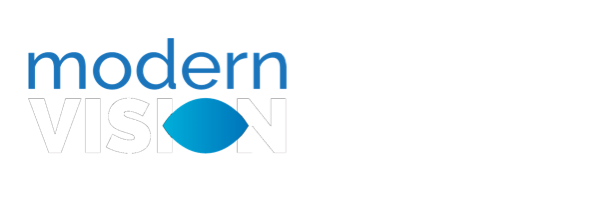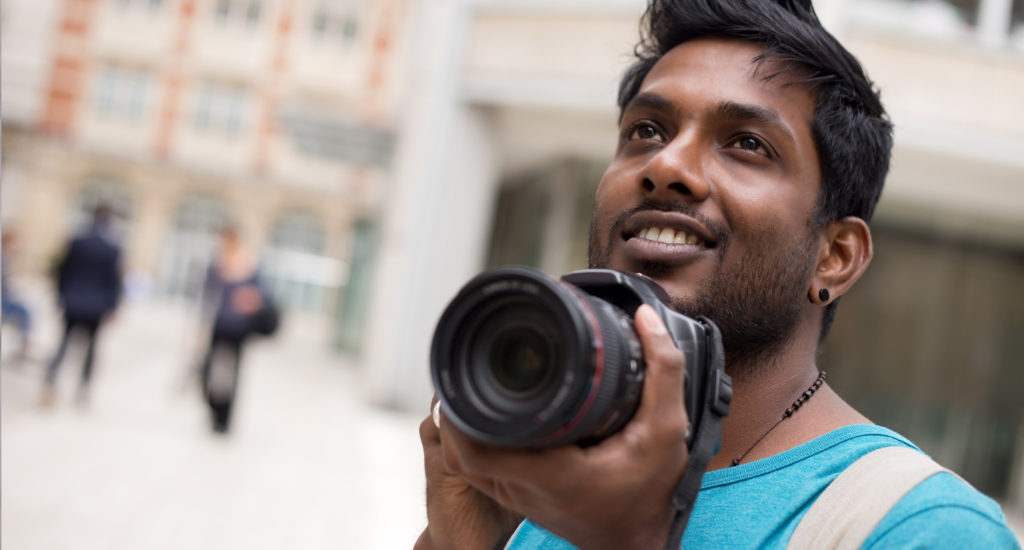Research 22 PRK Eye Surgery FAQs
At Kugler Vision in Omaha, Nebraska, we are passionate about improving the quality of life for our patients. We specialize in today’s most advanced vision correction procedures to provide crisp, clear vision at all distances: far, intermediate, and near. In order for us to provide you with your best possible vision, it is important for you to visit our nationally acclaimed team for an EyeAnalysisTM consultation. Your visual systems will be thoroughly tested and the results analyzed so that our expert surgeons can determine which type of vision correction is best for your eyes.
But what happens if the procedure that is recommended for you is not what you were expecting? Do not worry if you are recommended PRK and are not familiar with it. Our team is knowledgeable and patient. We understand you may have PRK questions, and we are here for you. If you are researching PRK eye surgery, check out our patients’ most frequently asked questions about PRK vision correction. Then, either schedule your Kugler Vision private EyeAnlaysis consultation online, or call us at 402-558-2211.
General Questions About PRK Vision Correction
The most popular questions we hear from our patients about the PRK eye surgery are below. Hear what other patients are asking about PRK eye surgery and find answers to your PRK questions.
Questions About PRK Candidacy
To find out if PRK is right for your eyes, you will need a thorough vision correction consultation, like the EyeAnalysis(TM) consultation at Kugler Vision. If you have been told in the past you were not a candidate for vision correction like LASIK, it is important to get a second opinion. Many patients we see at Kugler Vision who have been told previously that they cannot have their vision corrected actually are good candidates for a laser vision correction procedure. That is why it is important to see a vision correction provider who specializes in all the latest vision correction techniques. Consider taking our 60-second PRK candidacy self test by clicking the button below. Then schedule online with our online booking portal, or call us at 402-558-2211.
Each branch of the United States military has different rules regarding vision correction. Be sure to discuss your vision correction plans with your commanding officer.
PRK, along with other forms of laser vision correction, can be an effective treatment for those suffering from contact lens intolerance (CLI). CLI is a painful and progressive condition associated with the eye’s rejection of contact lenses. This leads to irritated eyes and can bring discomfort when wearing contacts for any significant period of time. By correcting vision, PRK can treat CLI at its source: the need for contact lenses. If you are concerned that you may be suffering from CLI, we recommend you take our CLI self-test at the button below.
Questions About the PRK Procedure
At Kugler Vision, our expert vision correction team specializes in all seven forms of modern laser vision correction. That means that we frequently perform PRK. We understand that the decision to have a life-changing procedure like PRK is a big one, and it is natural to have some feelings of anxiety. Rest assured that our surgeons are PRK experts and will talk you through every step of your PRK procedure and healing so that you can feel calm and confident in your decision to have PRK.
The PRK procedure itself is not painful. Before your PRK procedure begins, your eye will be numbed with anesthetic drops. You may feel a slight sensation of pressure, but your Kugler Vision surgeon will talk you through each step of the way. As part of your PRK procedure, your vision correction surgeon will apply a protective, temporary contact lens to the eye. This special contact lens functions as a type of bandage for the eye, keeping the surface safe and comfortable in the first days after PRK eye surgery.
Yes! When having PRK for both eyes, it can be done on one surgery day. Most of our patients who have vision correction needs in both eyes and are recommended PRK have both eyes treated on the same day. This is beneficial because it is more convenient for the patient, who only has to come in for one surgery day. Also, when having PRK on both eyes at the same time, there is only one recovery period, one drop schedule to follow, and the brain is able to adapt to the corrected vision all at once.
Both LASIK and PRK are performed with an excimer laser, which reshapes the front of the eye, called the cornea. Both PRK and LASIK are excellent procedures that deliver similar long-term results.
PRK eye surgery achieves crisp, clear vision by using a laser to make changes directly to the very front surface of the eye. LASIK achieves crisp, clear vision making changes to the eye’s surface that are performed under a flap made by a second laser.
Questions the PRK Healing Process and Results
During the actual PRK procedure, the eye is numbed and comfortable. However, a few days later, PRK patients can expect their eyes to become somewhat more irritated, sensitive, and watery. This is uncomfortable, and these sensations are generally most pronounced on days 3-5 following PRK. The best thing you can do to get through this uncomfortable stage of healing is follow your post-operative instructions. Protective contact lenses applied by your surgeon at the time of your procedure, prescribed pain pills, medicated drops, and artificial lubricating tears are used to keep your eyes comfortable while healing from PRK vision correction. If you have questions while healing from PRK, do not hesitate to contact us. We are always here to help.
Healing from PRK eye surgery is different for everyone, and it is closely tied to how well you follow post-operative instructions. After PRK, vision will improve daily. Functional vision (seeing pretty clearly for day to day tasks like driving) generally occurs five days after your PRK procedure. Full clarity can take several weeks or months to achieve. Be sure to attend your scheduled post-operative checkups so that your vision correction team can track your results and healing and answer any questions you may have.
PRK eye surgery does NOT wear off. The changes made to the outermost layer of the eye, the cornea, are permanent. However, healing is different for everyone. If you heal differently than predicted, you may need an enhancement after your procedure to fine-tune your vision and reach your most optimal results. Most PRK recipients we see do not need an enhancement, but if you do, our team will take great care of you to ensure you get your best possible vision.
Eyes typically stabilize between three and six months after PRK eye surgery. Once that occurs, the laser vision correction to your cornea is permanent. Any additional need for glasses after you heal from PRK eye surgery would be the result of the normal aging process of the eye. These changes in near vision are due to the effects of time on the eye’s inner lens, and they happen to everyone whether or not they have had vision correction. These vision changes are not due to PRK. However, there is no need to worry about reliance on reading glasses – with today’s modern technology, treatment of midlife vision changes is possible with procedures like RLE.
PRK does NOT wear off. Everyone, whether or not they have had previous vision correction like PRK, will experience changes in near vision eventually. This is due to a progressive vision condition called dysfunctional lens syndrome, or DLS. DLS is a normal part of the eye’s aging process, and is NOT tied to laser vision correction. The first noticeable symptom of DLS is gradually blurring near vision, and a reliance on reading glasses. This generally happens in a person’s mid-to-late 40s. However, at that time, other vision correction options exist to restore clear vision and reduce or eliminate the need for reading glasses.
Avoid UV exposure while your eyes heal from PRK. While healing from PRK surgery, it is important to use sunglasses or a ball cap while spending time outside. Please let your surgical team know in advance if you are planning a beach vacation or a trip during which you expect to spend a lot of time in the sun near the time of your procedure. UV exposure is harmful for eyes, whether or not a person has had a laser vision correction procedure, and it is always a good idea to use UV-blocking sunglasses. Please remember, UV rays are present all year round, even if the day is cloudy.
No. It is never a good idea to rub your eyes, as a general rule for eye health and safety. It is especially important not to touch or rub your eyes when healing from a laser vision correction procedure. Though we discourage it, we understand that many people may have a tendency to rub their eyes, especially when they are tired. For this reason, you will be provided with an eye shield to wear when sleeping as you heal from PRK eye surgery. This will help protect your eyes and prevent you from accidentally rubbing them in your sleep. It is important to remember that if your eyes are feeling dry or uncomfortable, rubbing them will not provide relief. Instead, use your lubricating drops to keep your eyes moist and comfortable. For more information on why not to rub your eyes, we recommend you read our blog post: Why Rubbing Your Eyes Is Harmful.
Questions About Work and Hobbies After PRK
Do not drive directly after your PRK procedure. On your PRK surgery day, you will be offered a sedative like Valium to help you relax. We require you to have a safe ride home on your procedure day, so please bring a relative or friend.
After your initial procedure day, we recommend you drive when you feel comfortable doing so. Most people resume normal driving habits four to five days after their PRK eye surgery.
We recommend you return to work when you are comfortable. Many people return to work four to five days after PRK surgery. Be sure to take your prescribed drops to keep your eyes comfortable. If possible, spend less time at your screen to maintain comfort. If you are going to be at a screen for long periods of the day, be sure to follow the 20:20:20 rule: every 20 minutes, look at something at least 20 feet away for 20 seconds. This, along with remembering to blink often, will help keep your eyes comfortable and avoid eye strain.
Yes! You can safely be a passenger on an airplane after having PRK eye surgery. However, be aware that the air on planes is generally very dry. So come prepared by bringing extra artificial tears so that you may keep your eyes comfortable during the flight.
After PRK eye surgery, we recommend patients stay out of pools, avoid hot tubs and lakes for a week. Following these two important instructions about swimming after PRK will help keep your eyes safe and reduce chances of infection. Lakes and hot tubs are given an extended (week) avoidance recommendation because these types of water have an increased chance of the presence of microbes that may cause infection for any eyes, especially those healing from any type of procedure.
When you are comfortable, you may return to most normal activities soon after PRK. However, we recommend you avoid sweat in your eyes for a few days after PRK. The concern associated with heavy exercise post-PRK surgery is that a patient may accidentally rub or wipe at their eyes in an effort to clear sweat from the area. Rubbing or wiping at eyes is never recommended, especially directly after an eye procedure.
We recommend PRK patients avoid wearing makeup on or around the eye for one week after PRK. This is to ensure proper healing and reduce chances of getting anything in your eye as it heals. For this reason, we recommend you have your PRK procedure at least two weeks in advance of any big event where you plan to wear eye makeup.
We recommend that PRK patients avoid tanning beds for a full year after PRK eye surgery to keep the eyes safe and comfortable as they heal. It is critical to avoid UV light exposure during the healing process.
The Dos and Don’ts of PRK
After PRK vision correction, we recommend our patients follow these simple dos and don’ts as a general outline for a smooth PRK recovery.
After Your PRK Procedure, DO:
- Rest
- Do your regular activities
- Use your eyedrops as directed
- Wear UV-protecting sunglasses when outside
- Call our office at 402-558-2211 if you have any PRK healing questions or concerns
- Be patient. Visual recovery can take from two weeks to six months
After Your PRK Procedure, AVOID:
- Touching or rubbing your eyes for two weeks
- Getting sweat in your eyes for a week
- Driving until you feel comfortable and safe, generally five days after PRK
- Using makeup on or around the eye for one week
- UV light exposure
- Tanning beds for one year
- Swimming pools for two weeks
- Hot tubs and lakes for six weeks








